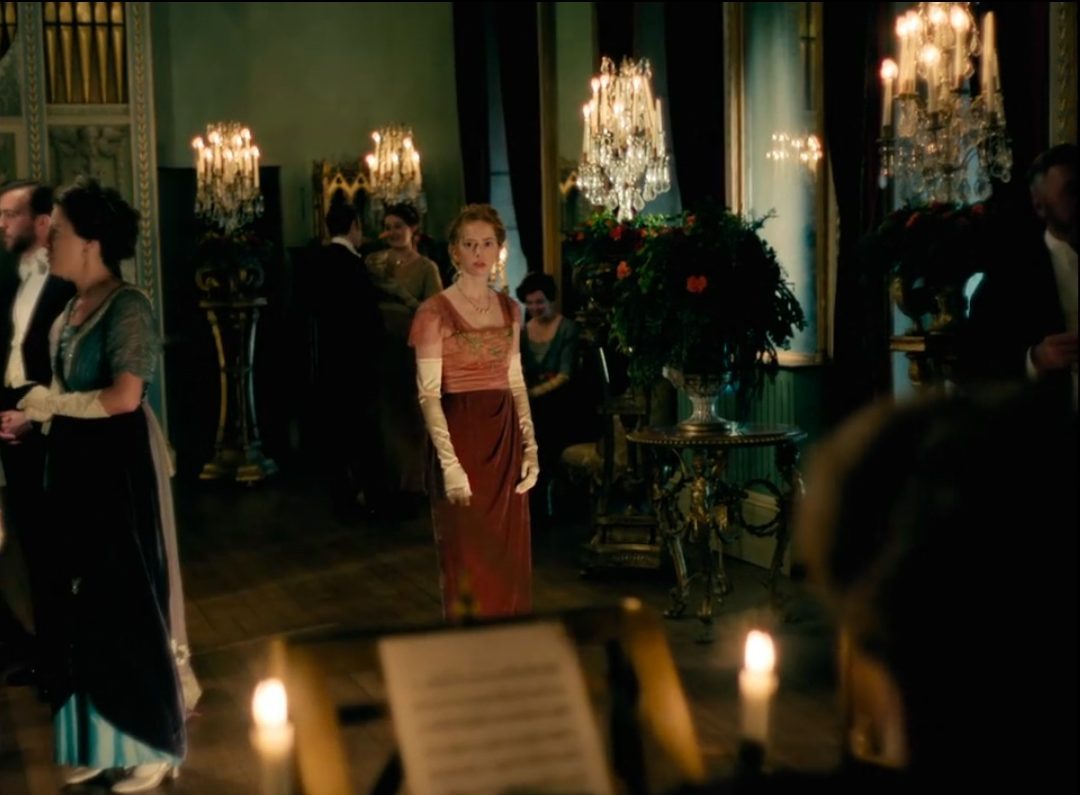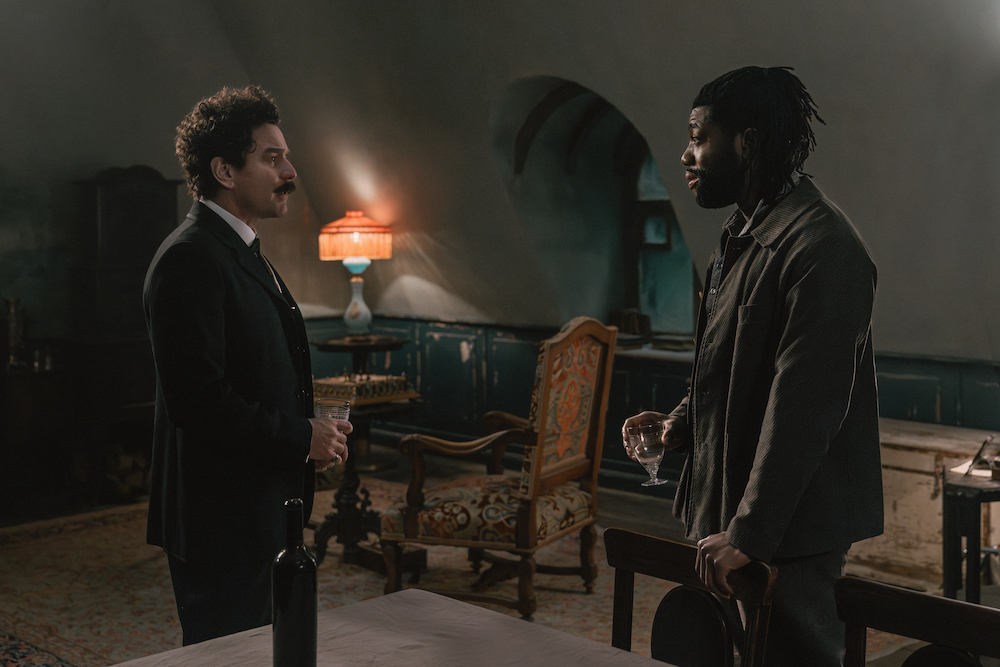The changing tides of time leave Count Alexander Rostov in tight quarters in Showtime’s ‘A Gentleman in Moscow.’ The story begins with the fall of the nobility and the success of the Bolshevik Revolution, which completely changes the country’s social structure. Count Rostov is forced to stay in the Metropol for the rest of his life, even though his initial intention was to spend nothing more than a few weeks there.
As time passes, the Count is reminded of his life before the Revolution, and he reminisces about the good times that he left behind, especially his sister, Helena. She only appears in the flashbacks, and from the Count’s conversations with his acquaintances, it is clear that she died before the events of the show, but what really happened to her? What caused her tragic death? SPOILERS AHEAD
A Gentleman in Moscow Show Makes Helena’s Death More Tragic Than in the Book

In Amor Towles’ ‘A Gentleman in Moscow,’ on which the Showtime series is based, Helena dies in the years that Count Rostov is away from Russia, something that he deeply regrets. In the book, Helena dies due to scarlet fever, and the Count wishes he had been by her side, taking care of her and being there for her in her final moments. The same regret is found in the Count in the TV adaptation as well, but the show makes a few changes in Helena’s fate.
To begin with, the show stirs a romance between Helena and Mishka, the Count’s best friend. In the book, there was no romance between them, but the show uses the class divide between them to underline the differences between the Count and his best friend. The flashbacks reveal that at the height of their friendship, Rostov brought Mishka to their family estate, Idlehour, where a close friendship developed between him and Helena, and it soon turned into romance. But this was before the Bolshevik Revolution.
Back then, while the Count didn’t have any problem befriending people from a lower social rung, he did have a problem marrying his sister to the said person. It wasn’t just the Count disapproving of their relationship. His grandmother didn’t want her granddaughter to be married to a man with no title and nothing to his name. So, while the Count may have agreed to their relationship for the sake of their happiness, he couldn’t do so if his grandmother didn’t agree to it. So, he told Mishka to stay away from Helena, and this was the end of their friendship, too. But this wasn’t the worst of it all.

In the first episode, a flashback reveals the Count in a duel with another man. The identity of this man hasn’t been revealed yet, but considering everything, it is safe to assume that he is another of his sister’s suitors and someone who belongs to nobility but isn’t someone the Count approves of because of his character. From the looks of it, we can also say that the man in question may have made an advance on young Helena and endangered her honor, which is what would have led the Count to take the drastic step of engaging in a duel. He shot the man to protect his sister’s honor, but in doing so, he also self-exiled himself because if he didn’t immediately leave Russia, he would have been put in prison for shooting another man of nobility, presumably someone with strong connections.
The part with the suitor and the duel is much like things that happen in the book, though it remains to be seen how the show changes this storyline, if at all. This is also the point where Helena’s story diverges once again. After the duel, the suitor, who doesn’t die, recedes from Helena’s life, and with the Count in Paris, Helena dies of scarlet fever. The third episode of the show, however, suggests that shortly after, Helena killed herself by jumping off the ledge of what is presumably their house in Idelhour.
It seems that getting her heart broken twice, with her brother intervening in her romantic life both times, was too much for Helena. It remains to be seen whether there was something more that happened between Mishka’s departure and the duel, but whatever it was, it drove Helena to the point of taking her own life, and clearly, the Count blames himself for it. He admits as much to Mishka when he apologizes for meddling in his and Helena’s romance and wishes he hadn’t done so. Perhaps, then, she would still be alive. It is unclear whether the show changes the Count’s location in Helena’s final days and places him with her as she jumps off the roof. But wherever he may have been at the point, it is clear that he is bogged down by the guilt of being responsible for his sister’s unhappiness and eventual death.


You must be logged in to post a comment.